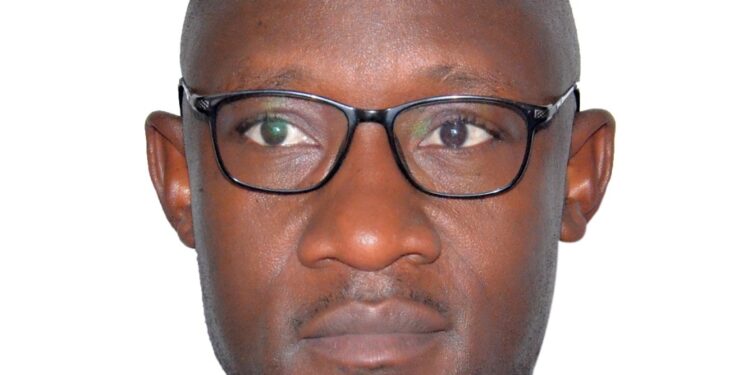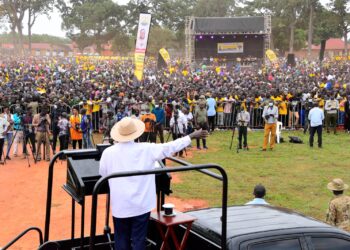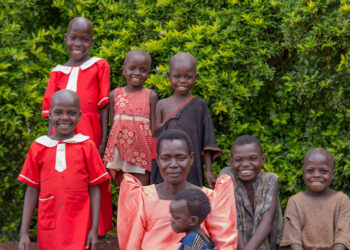In the last two decades, a number of scholars have expressed concern about the climate change issue in the Karamoja sub region, which has had a devastating effect on the livelihoods of both men and women. Based on historical evidence, the area experiences climate changes, such as droughts, leading to a wide range of environmental injustices.
The temperatures in the sub-region are constantly changing, particularly from October to March the following year. In districts like Nabilatuk, Moroto, and Kotido, temperatures typically range from 15°C to 18°C for the minimum, and 28°C to 35°C for the maximum depending on the year and location. The high temperatures during the drought season result in climate injustices for the people of Karamoja.
These include lack of food, water, and access to health care due to forced migrations. These circumstances have led to inequalities, exclusion, and a high level of vulnerability in Karamoja particularly affecting women and children.
Some of the climate change injustices include women having to reduce on meals in take per day or forego them altogether during the drought season in favour of children or spouses.
Additionally, droughts cause food insecurity, forcing lactating mothers and their children to eat only once every 24hours. The prolonged droughts in Karamoja make it difficult for women to provide in the patriarchal society, leading to increased violence against women and putting men’s livestock at risk of theft and loss when they have to take them further for grazing.
Out of fear of losing their livestock to the effects of drought, men are forced to sell their animals at a very low cost, leaving them vulnerable and impoverished. Some men, feeling distressed, choose to move away from the pastoral production system and seek alternative sources of income, such as artisanal sand mining, in order to survive.
However, sand mining along the river bends of the Kayanipa River in Lolachat Sub County, Nabilatuk district, is associated with significant environmental health hazards.
Therefore, as we prepare for the drought season, donors, partners, and Civil Society Organisations (CSOs) in the Karamoja Sub region need to design strategies and interventions for monitoring and documenting climate injustices, rather than solely focusing on adaptation.
Author: Ayub Mukisa (Ph.D.), is the Executive Director for Karamoja Anti Corruption Coalition (KACC). Email: ayubmukisa@gmail.com
Do you have a story in your community or an opinion to share with us: Email us at editorial@watchdoguganda.com













